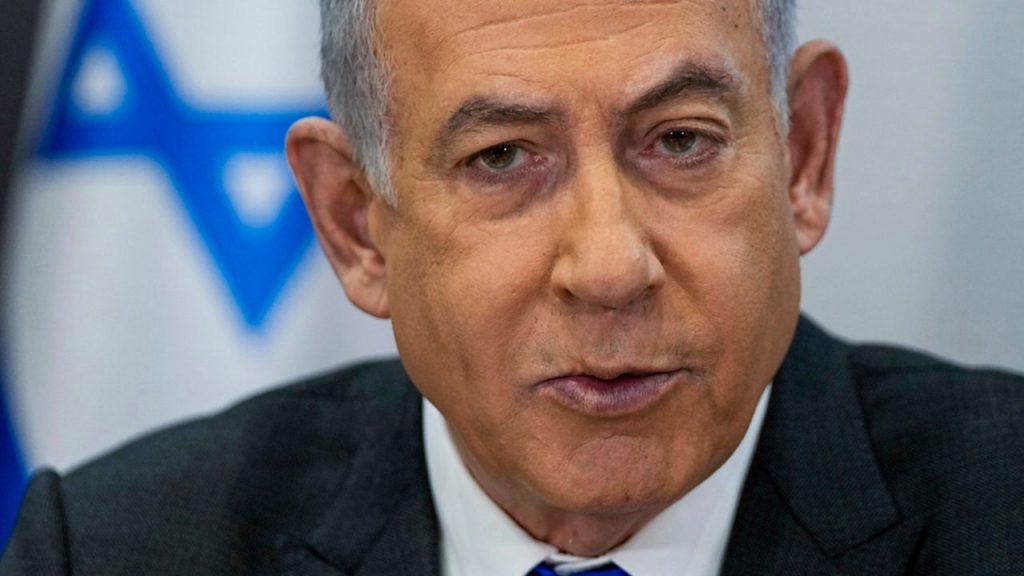An Israeli delegation left negotiations in Doha, Qatar after Hamas rejected terms for a hostage release deal, with Prime Minister Benjamin Netanyahu’s office condemning Hamas for making unrealistic demands. Israel stated that Hamas is not interested in continuing negotiations and criticized the terrorist organization for rejecting compromise proposals and insisting on extreme demands. Israel vowed to continue its goals of releasing abductees, destroying Hamas’ capabilities, and ensuring Gaza poses no threat to Israel.
As tensions rise, Israel appears prepared to launch an invasion of Rafah, a Gaza city bordering Egypt that serves as a refugee camp and Hamas’ final stronghold in the region. The potential invasion has caused friction between Netanyahu and President Biden’s administration, with the U.S. warning against such a move as a “huge mistake.” Despite this, the Biden administration did not block a U.N. resolution calling for a cease-fire in Gaza, leading Netanyahu to cancel an Israeli delegation’s trip to Washington aimed at reaching a compromise regarding Rafah.
Netanyahu has insisted that the offensive against Hamas will proceed with or without U.S. support, emphasizing the need to fully dismantle the organization. The ongoing conflict underscores the challenges of finding a resolution in the region, with Israel standing firm in its objectives while facing international pressure and diplomatic tensions. The situation highlights the complex dynamics at play in the Middle East, as various actors navigate competing interests and strive to address the ongoing violence and unrest in Gaza.
The rejection of proposed compromises by Hamas and Israel’s determination to achieve its objectives through military action signal a continued deadlock in negotiations and a deepening of the conflict. The refusal to back down on both sides underscores the entrenched positions and challenges to finding a peaceful resolution to the hostilities. The impact of the Security Council’s decision and the involvement of international actors further complicate the situation, with the potential for further escalation and worsening of the humanitarian crisis in Gaza.
As the conflict shows no signs of abating, the possibility of an invasion of Rafah looms large, raising concerns about the potential for further violence and instability in the region. The stance taken by both Israel and Hamas, as well as the diplomatic efforts of the Biden administration, will play a crucial role in shaping the future trajectory of the conflict and determining the prospects for a peaceful resolution. The ongoing negotiations and military posturing reflect the complexities and challenges inherent in the Israeli-Palestinian conflict, with no easy solutions in sight.


